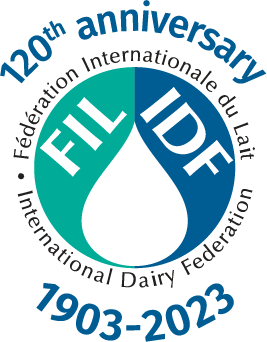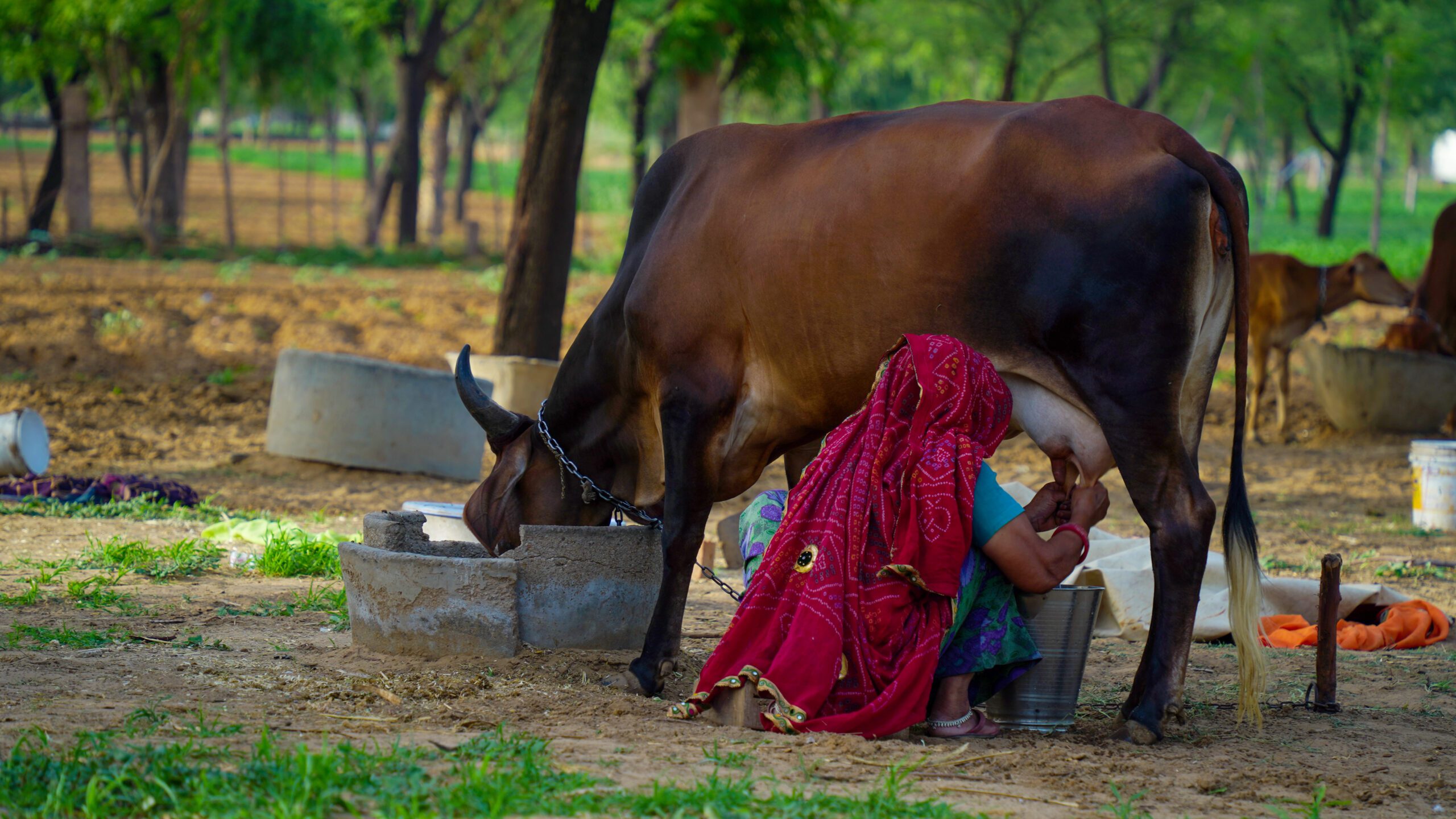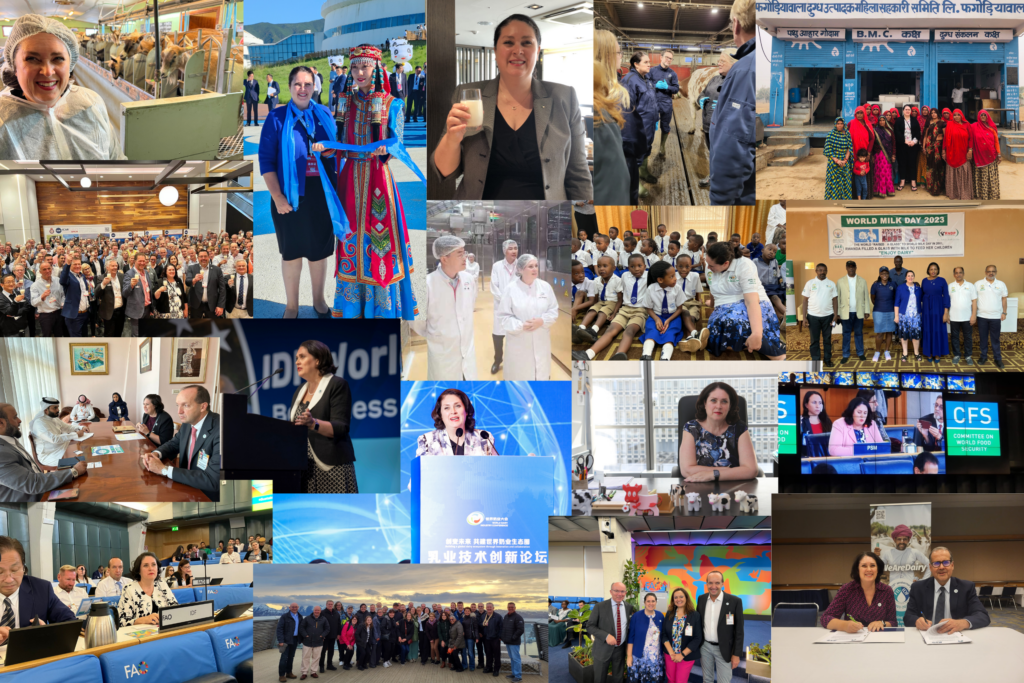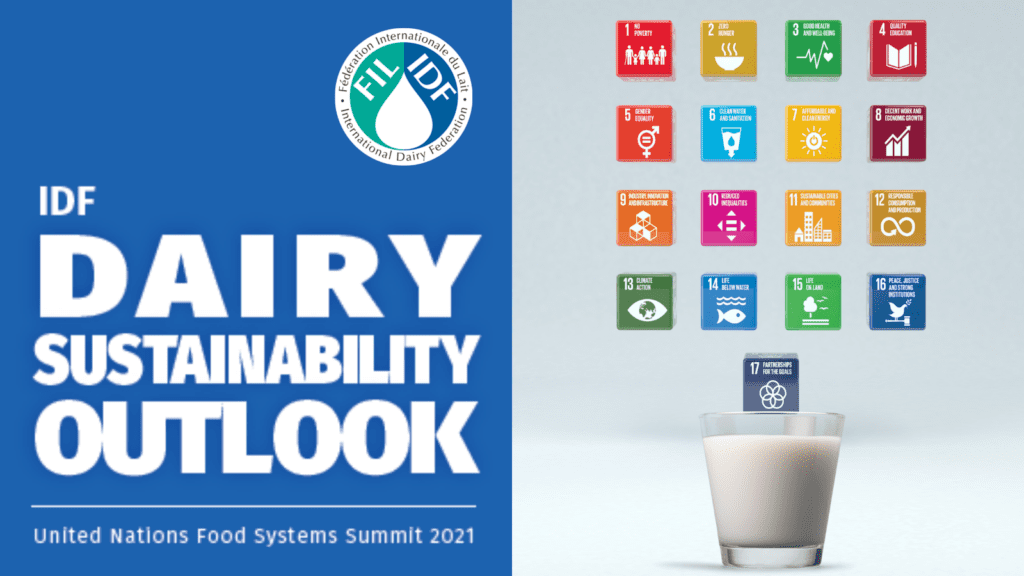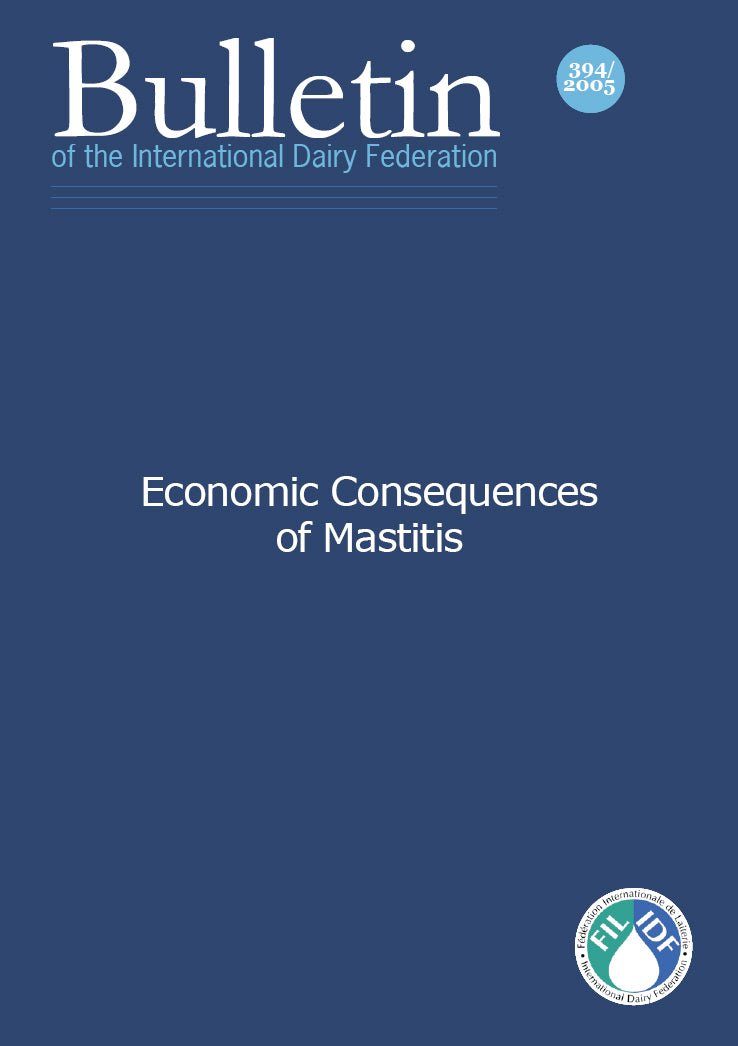After reading a post by IFAD President, stating that: “Today’s food systems have failed to make nutritious diets accessible or affordable for all”, I cannot help but wonder: Is it really all the food systems’ fault? What about governments? What about international organizations? What about funding institutions? What about society in general? Can we really blame a community of millions of individuals, mostly small sized farmers and producers, making atomized decisions individually and selling their products scarcely above production costs?
In the last years we have seen global disruptions that were completely beyond the food system’s control, such as the Covid-19 pandemic, armed conflicts and economic and social crises.
We should also consider the lack of basic infrastructure in many countries such as stable and constant electricity, internet access in rural areas, transitable roads, and public transport. Additionally, incorrectly informed or event absent policies, inefficient regulation and governments’ disengagement in funding research and development has a greater impact on the lack of access and affordability than any other variable. And let’s not forget the ongoing energy crisis and the increasing use of coal and fossil fuels.
I know I am being too provocative, but as food systems leaders we must get this conversation straight: when you deep dive into all these issues it is clear that it’s the governments and international institutions that are failing farmers, women and girls, children and youth, elderly, and consumers.
Blaming food systems is perceived as a direct attack on farmers and actors of the value chain that are working very hard day after day to nourish the world.
It seems unfair that farmers are left alone with the pressure to solve all the problems of the world while the financial security of their family is not guaranteed, and while they are themselves undernourished and struggling financially. How can youth be attracted by the noble profession of nourishing the world in this context?
Aren’t we all failing women with all the violence and non-respect of their minimum human rights (lack of access to health services, no land/animal ownership, limited access to bank and financial services)?
It is trendy now to talk about the need for food systems transformation because the food systems “are broken”. Are they really broken, or do they just need the right attention and support? Yes, food systems can be improved. There should however be recognition of all the continuous efforts made to produce foods in a more sustainable manner over the last years. We have lots of learnings, pathways, innovation and technologies for enhancement of sustainability. We have committed and engaged leaders in our communities. What is needed is investment to scaleup the efforts of these actors and make more impactful changes.
It is time to stop complaining about food systems and start to align policies and investments towards the effective and powerful actions that are positively impacting our food systems.
